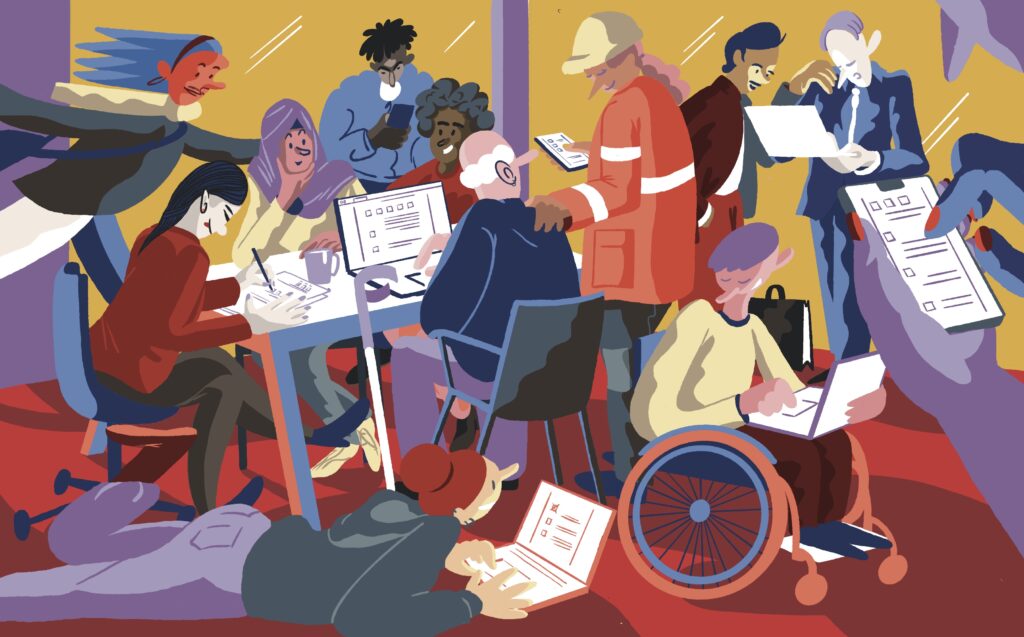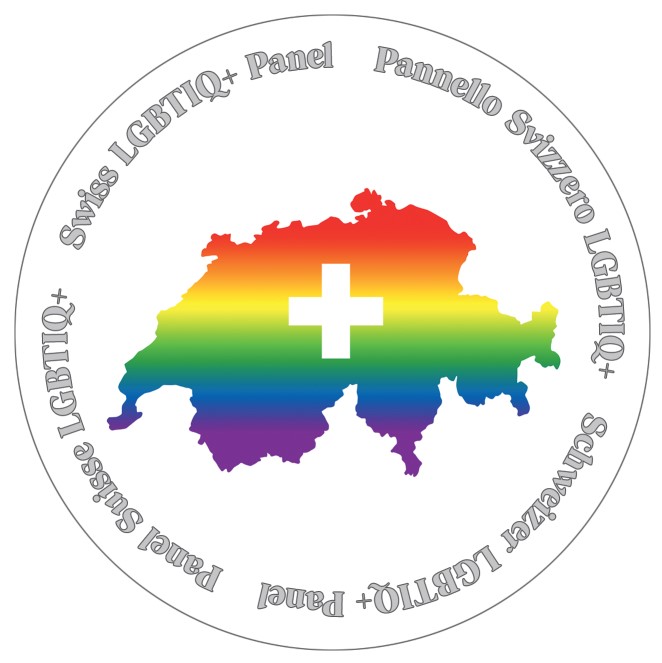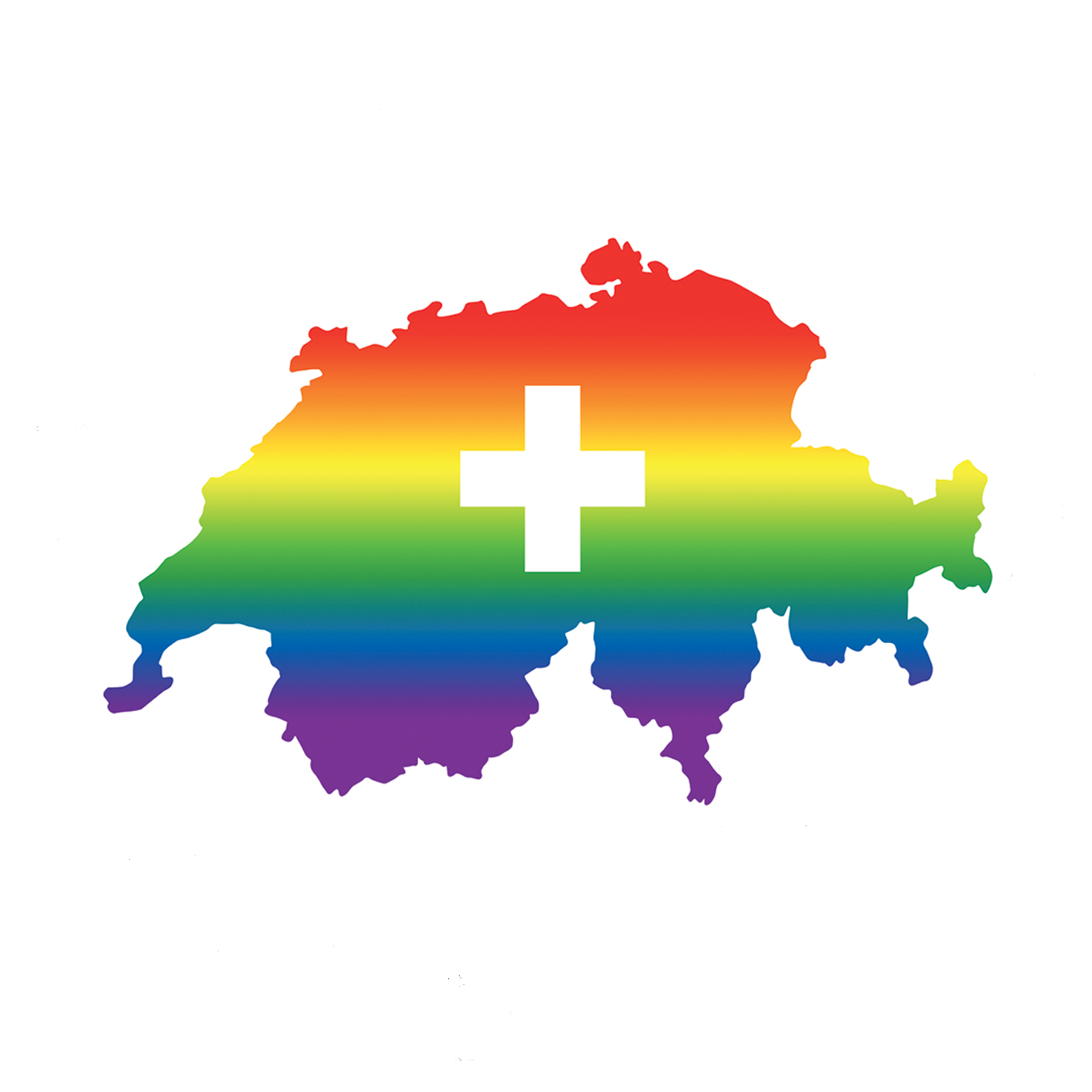Launch of Our New Survey: 7th Wave of the Swiss LGBTIQ+ Panel Survey

Share your experiences and support the biggest survey about LGBTIQ+ people, conducted by LGBTIQ+ people in Switzerland! By participating, you can win up to 500 CHF.
The focus of the 2026 survey:
This year, with a focus on health, experiences of younger and older LGBTIQ+ people, and social engagement. Share your experiences about these topics and more in our seventh annual survey.
It is vital for the success of the project that many people continue participating, and new people join. Everyone is welcome to participate, regardless of sexual orientation, gender identity, or sex characteristics. Please take part in our survey and share it with your friends!
Our 2025 summary report is now online.
In 2025, we launched the sixth edition of the Swiss LGBTIQ+ Panel Survey to gather more information about the experiences of LGBTIQ+ people in Switzerland. 6,177 people from all cantons participated in this survey. Thank you for your support!
To access the reports, click here:
What is the Swiss LGBTIQ+ Panel?
The Swiss LGBTIQ+ Panel is led by Dr. Tabea Hässler (University of Zurich) and Dr. Léïla Eisner (University of Zurich). It is a longitudinal study assessing the situation of LGBTIQ+ (lesbian, gay, bisexual, trans, intersex, and queer) people in Switzerland since 2019 in an annual manner. In 2025, more than 5,400 LGBTIQ+ and around 700 cisgender endosex heterosexual (i.straight) people completed the survey.

The goal of the Swiss LGBTIQ+ Panel is to extend our understanding of how LGBTIQ+ people feel integrated in Swiss society and how the situation is changing over time.
Following people over time is important because we currently know very little about how people’s opinions and levels of satisfaction with their lives may change gradually over time or change rapidly in response to current events in society (extension of the anti-discrimination law, legalization of same-sex marriage).
We believe that the insight of the Swiss LGBTIQ+ Panel and the study on the Marriage Equality voting have high practical relevance for LGBTIQ+ and cis-heterosexual people, people in the educational context, LGBTIQ+ and other non-profit organizations, practitioners, and policymakers aiming to promote the health and integration of LGBTIQ+ people.
